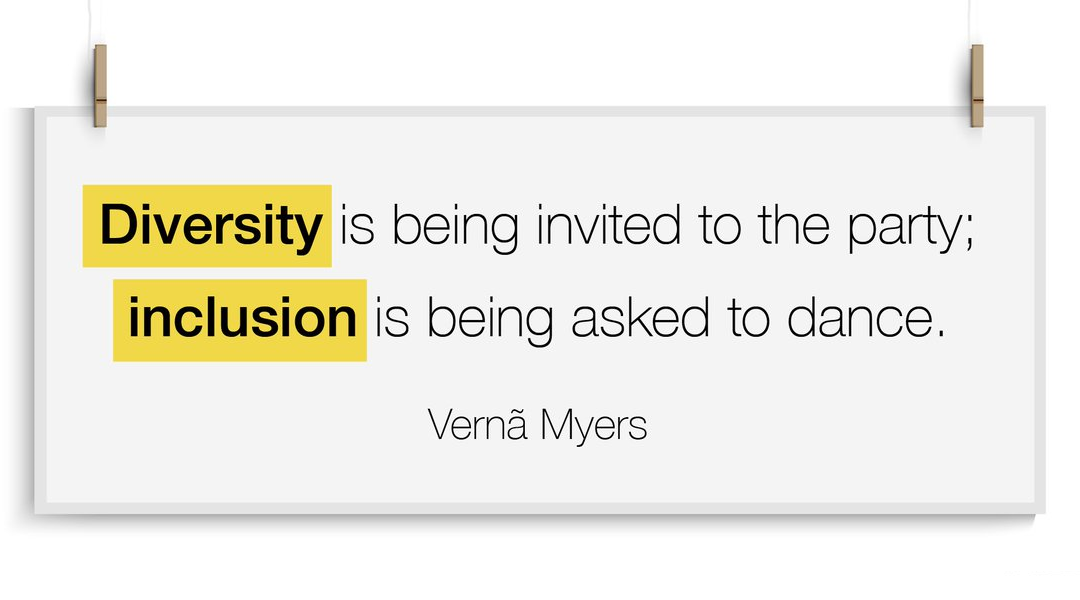Inclusion In Geography

The Geography department is passionate about ensuring we have inclusive practice and that we remove barriers to learning for any student. We ensure we provide a high-quality provision to meet the needs of all students, so they are able to successfully achieve the school aim.
'Each and every learner shall achieve their maximum potential and enjoy the process'.
We look at personalised learning, promote high standards and encourage all students to maximise their full potential. We recognise from individual student data where interventions may be needed, and as a department we will always monitor and evaluate the needs of every student.
Additional Needs - An essential part of being a classroom teacher is for us to work closely with the school SENCO, to ensure we are meeting all students needs. We take a very personalised approach as we recognise every students needs are individual and that some students may be reluctant to seek help and guidance. Alongside school policy we follow the procedure of assess, plan, do and review. This ensures all students needs and supports are successful and up-to-date.
Interventions may include:
- Careful consideration of seating plans
- Use of Widgits
- Use of scaffolding and class literacy sets
- Encouraging students to use C-pens, when needed
- Encouraging students to wear glasses and use overlays, where necessary
- Small focus groups if needed to support with increasing confidence and self-esteem
- Working closely with Teaching Assistants and support staff
- Taking into considerations the child's and parents/guardians thoughts about how an individual may best achieve.
Qualifications within the department include:
- TQUQ Level 2 Certificate in Understanding Autism (RQF)
- NCFE CACHE Level 2 Certificate in Understanding Children and Young People's Mental Health
Pupil Premium - As a crucial part of being a successful department, we identify all students with Pupil Premium status in order to best meet their needs and requirements. We work closely with the Pupil Premium Champion Mr Adam Harrington, to ensure all the students have the opportunities needed to reach the school aim.
Interventions may include:
- Careful considerations of seating plans
- Requests for funding to help with revision resources and fieldwork opportunities
- To offer classroom support, where needed.
More Able and Talented - ‘Gifted and talented children have special needs and special problems, though not all. They also have special, sometimes immense, talent to give to society. We owe it to them to help cultivate their abilities and society to help prepare tomorrow’s leaders and talent.’ David George (1992).
Interventions may include:
- Rigour and depth in the subject matter. Embrace the full complexity of a subject before breaking it down to make it accessible. They also want to know how and why things are as they are…there is always another and another layer of ‘but why…?’
- Open-endedness. Closed questions and closed tasks kill challenge. Benjamin Bloom’s Taxonomy of Educational Objectives (1956) provides another useful way to think about when and how to use questions in teaching.
- Problem-solving. Many able students love problem-solving. Target analytical skills (i.e. in geography analysing data and fieldwork techniques). This means that your students require thinking and playing-with-the-problem time.
- Creativity. Give options for responses with research tasks: create a cartoon strip, write a poem or write an essay to answer the question. In every subject, it is possible to design learning tasks with a creative element. You can create opportunities for each student to choose their own project, design an experiment, invent their own debate question, to use role-play and artistic interpretations of concepts.
- A classroom culture that celebrates intellectual curiosity. Champion students with a general all-round passion for knowledge and understanding and never let anyone diminish them for it. It is important to make it “cool” for students to succeed.
- Co-construction and independence. Give students as much responsibility as you can for making decisions about their learning. What questions should we ask? What topic shall we do next? Allow them to lead the learning of others. The idea is to give them the skills to learn independently and possibly allow MAT students to assist TAs as subject matter experts.
- Develop the use of literacy. The level of language engagement must be targeted to MAT students.
- Ensure WILF’s are tiered to allow MAT students to achieve. Explicit teaching should be given about the success criteria for the highest grades and these should be linked to specific activities.
- Ensure sufficient feedback given to allow students to progress. Regular and meaningful written feedback should be given consistently, as per school policy. Students need to be able to see where they are and compare with targets when looking at assessed work.
- Set challenging work for MAT students. MAT students often finish classwork more quickly than their peers, and although some may enjoy assisting other classmates during this time, it's also the ideal opportunity to engage the student in challenging learning activities. These can focus on deepening knowledge in the subject area peers are working on, or on special areas of interest the gifted student may have. A- Level reading opportunities and challenge boxes could be examples of this.





